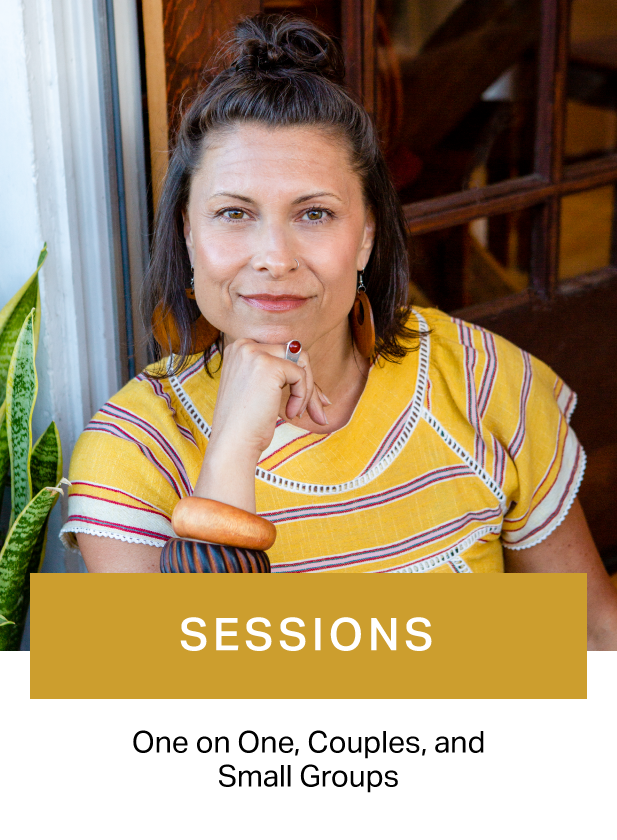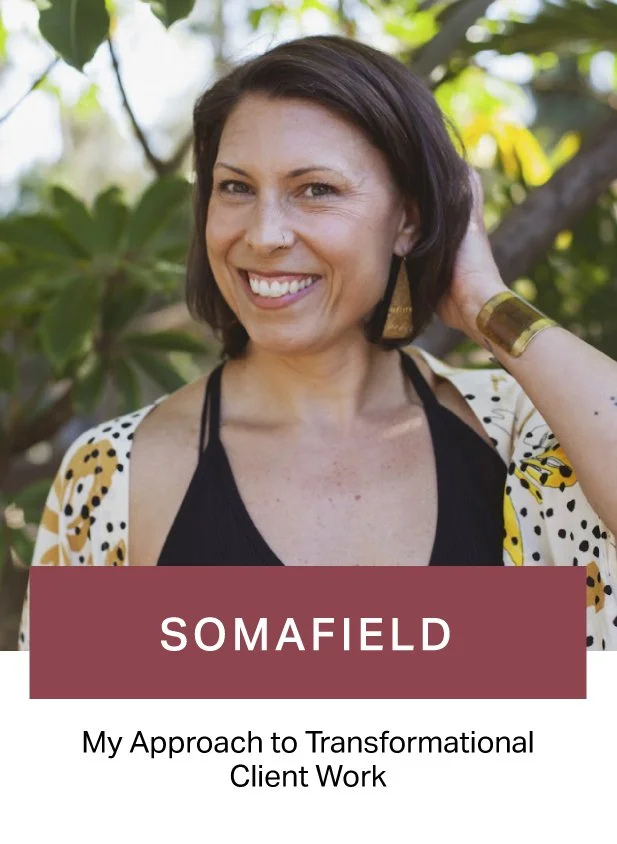How to Make the Therapeutic or Coaching Relationship a Healing One
The therapeutic or coaching relationship can be even more healing for clients than the content of what happens in it. When clients have grown up with childhood trauma or difficult family relationships or insecure relationship dynamics (which most people have, unfortunately), the therapist or coach can become an attachment figure.
This can be a really good thing for the client if the practitioner is focused on making this a secure relationship for them. Here are some of the ways I do this for my clients:
I’m always open to their feedback.
If I make a mistake in their eyes (even if my behavior made sense to me), I fall on my sword and admit that something didn’t work for them and I fix it. This relationship is about them and their version of events is the most important. I only explain where I was coming from if I ask if they want to hear it and if they do. Even then, there’s no shaming their experience.
If a client is late or no shows, when I contact them about it, I lead with care and concern and never chiding. The cancellation policy is there for me as a safeguard to make sure I’m supported to continue offering my services, so yes, I do charge them.
I am reliable, on time, and consistently supportive, warm, and non-judgemental.
Instead of being confrontational when they show up as incongruent (words and actions not matching), I open, get curious, reflect what I’m seeing and ask them if I’m seeing things correctly and to help me understand the mismatch of energy. What am I missing?
I gently reword their versions of their stories when they aren’t compassionate with themselves or aren’t seeing themselves to help them see themselves more honestly.
And if what they see when they look honestly at themselves isn’t pretty, I acknowledge it truthfully but keep my voice loving to let them know this is simply a place they need some work and some support and we all have those places.
I let them know their behavior makes sense given their experience (it always does).
I destigmatize psychiatric medication, mental illness, mistakes, and basically everything else.
I recognize oppressions and erasures like systemic racism, misogyny, xenophobia, body shame, etc.
If they cross my boundaries, I keep my voice open and neutral and let them know what my need is and treat it like no big deal because unless it is a relationship-ending big deal, it’s normal for people to not know where someone’s boundaries are and inadvertently cross them. If it continues to happen, I will ask what is going on on a deeper level because we’ve already talked about it. I want to understand so we can work with it.
If a client isn’t ready to go somewhere, I never push.
With all of these examples and more, I make sure the relationship feels to them like I really care and it’s not about money to me. Yes, this is my livelihood, but my care for my clients is real and it’s important to the process that they can feel that. I respect them.
There are so so many more examples and maybe one day I’ll expand this list. But you get it, right? It’s about what they’re coming for help with but it’s also about love.




